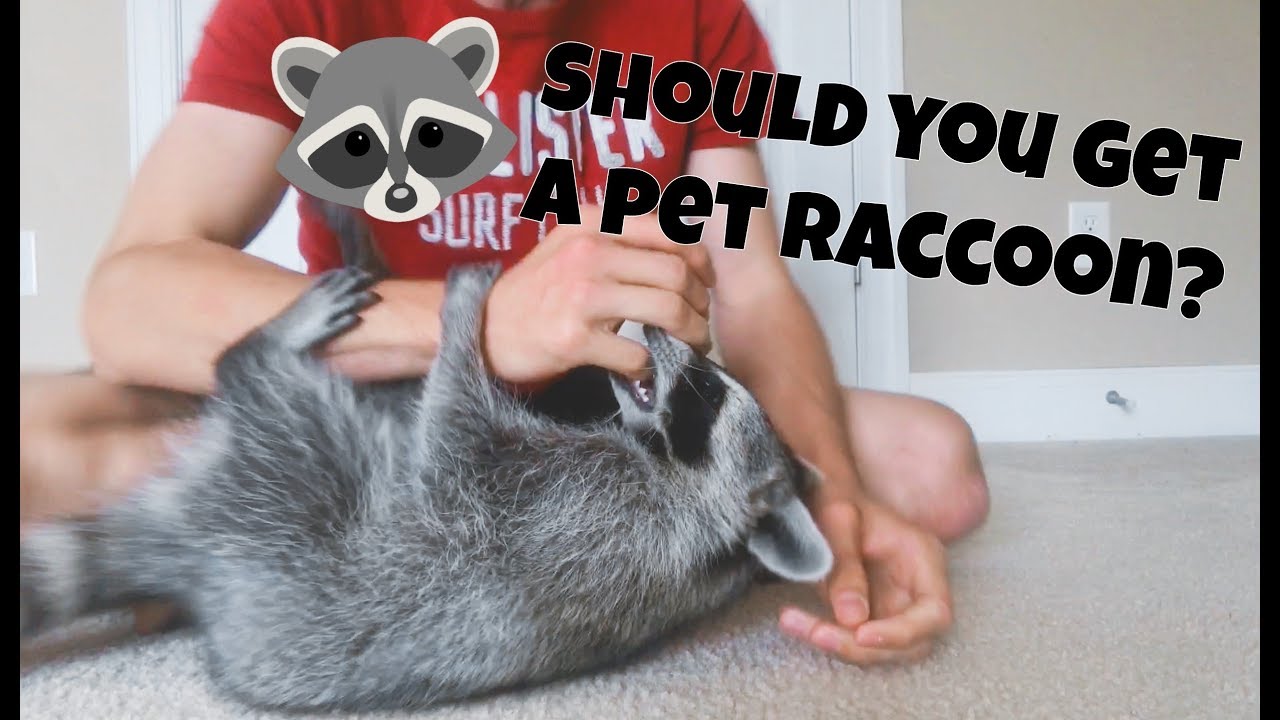Introduction: Understanding the Legalities of Pet Ownership in Rhode Island
Owning a pet can be a rewarding and fulfilling experience, but it is important to understand the legalities surrounding pet ownership in your state. In Rhode Island, the ownership of exotic animals, including raccoons, is subject to specific regulations and restrictions. This article aims to provide a comprehensive overview of the legality and considerations associated with owning a pet raccoon in Rhode Island.
Rhode Island’s Stance on Exotic Animal Ownership: A Brief Overview
Rhode Island, like many other states, has taken measures to regulate the ownership of exotic animals to ensure public safety and the protection of native wildlife. The state recognizes the potential dangers and ecological concerns associated with owning certain species, including raccoons. Therefore, it is crucial to understand the specific laws and regulations in place before considering raccoon ownership in Rhode Island.
Examining the Rhode Island Law Regarding Pet Raccoons
Rhode Island law classifies raccoons as a "wild animal." As such, it is generally prohibited to keep them as pets without obtaining a special permit. The possession of a raccoon without the necessary permit can result in legal consequences, including fines and potential confiscation of the animal. It is essential to familiarize yourself with the specific statutes outlined in the state’s laws to ensure compliance.
Endangered Species Act and the Impact on Raccoon Ownership
While raccoons are not considered endangered species, the federal Endangered Species Act (ESA) may still have implications for raccoon ownership in Rhode Island. If a particular population of raccoons falls under federal protection due to their status in another state, it could impact ownership regulations. It is advisable to consult both state and federal guidelines to determine the legality of owning a pet raccoon.
Obtaining a Special Permit: Navigating the Requirements
Rhode Island does allow for the ownership of raccoons under certain circumstances. Interested individuals must apply for a special permit through the Rhode Island Department of Environmental Management (RIDEM). The permit application process typically involves providing detailed information about the intended purpose of ownership, the housing arrangements for the raccoon, and proof of knowledge and experience in handling these animals. It is crucial to understand and fulfill all the requirements before submitting an application.
Responsible Pet Ownership: Education and Training for Raccoon Owners
Owning a pet raccoon requires a significant commitment of time, effort, and resources. Before considering raccoon ownership, potential owners should educate themselves thoroughly about the species’ behavior, needs, and specific care requirements. Seeking guidance from experienced raccoon owners, consulting reputable sources, and attending specialized training programs can help individuals become responsible pet owners equipped to meet a raccoon’s needs.
Health Concerns: Raccoon-Related Diseases and Public Safety
Raccoons, like any animal, can carry diseases that pose a risk to both their owners and the public. Diseases such as rabies, leptospirosis, and roundworm are of particular concern. It is crucial for raccoon owners to stay up-to-date with vaccinations, maintain good hygiene practices, and seek veterinary care to minimize the risk of disease transmission. Additionally, responsible raccoon ownership includes taking measures to prevent escapes and ensure public safety.
Housing and Environmental Needs for Pet Raccoons
Providing appropriate housing and environmental enrichment is crucial for the well-being of pet raccoons. Raccoons require ample space, both indoors and outdoors, to engage in natural behaviors. They need secure enclosures that protect them from potential dangers and escape. A suitable outdoor area with climbing structures, hiding spots, and access to water is also essential. Ensuring a stimulating and safe environment is vital to prevent behavioral issues and promote the raccoon’s overall welfare.
Diet and Nutrition: Meeting the Unique Dietary Demands
Raccoons have specific dietary needs that must be met to maintain their health and well-being. Their diet should consist of a balanced mix of proteins, fruits, vegetables, and grains. It is essential to provide a varied and nutritionally complete diet that mimics their natural food sources. Specialized formulas and commercial diets formulated for raccoons are available and can be supplemented with appropriate fresh food items. Consulting a veterinarian or a raccoon specialist can help determine the most suitable diet for a pet raccoon.
Behavioral Considerations: Socialization and Enrichment
Raccoons are highly intelligent and social animals that require mental stimulation and social interaction. Appropriate socialization, training, and enrichment activities are essential to prevent boredom and destructive behavior. Regular interaction, mental puzzles, and providing toys and objects that encourage natural behaviors can help keep pet raccoons mentally and physically engaged. However, it is important to remember that individual raccoons may vary in their social needs and temperaments.
Potential Impacts on Native Wildlife: Ecological Concerns
One of the significant concerns associated with owning exotic animals like raccoons is the potential impact on native wildlife and ecosystems. Raccoons can potentially transmit diseases to other animals and compete with native species for resources. It is crucial for raccoon owners to take precautions to prevent escapes and avoid releasing raccoons into the wild. Responsible ownership also includes minimizing any negative ecological impact and respecting the local wildlife.
Conclusion: Weighing the Pros and Cons of Pet Raccoon Ownership
Owning a pet raccoon in Rhode Island requires navigating a complex legal landscape, meeting specific requirements, and assuming significant responsibilities. While the idea of owning a raccoon may be appealing to some, it is crucial to carefully consider the implications of ownership. Potential owners must weigh the joys and challenges of keeping a raccoon as a pet, ensuring they have the knowledge, resources, and commitment necessary to provide a safe and fulfilling life for this unique animal.





